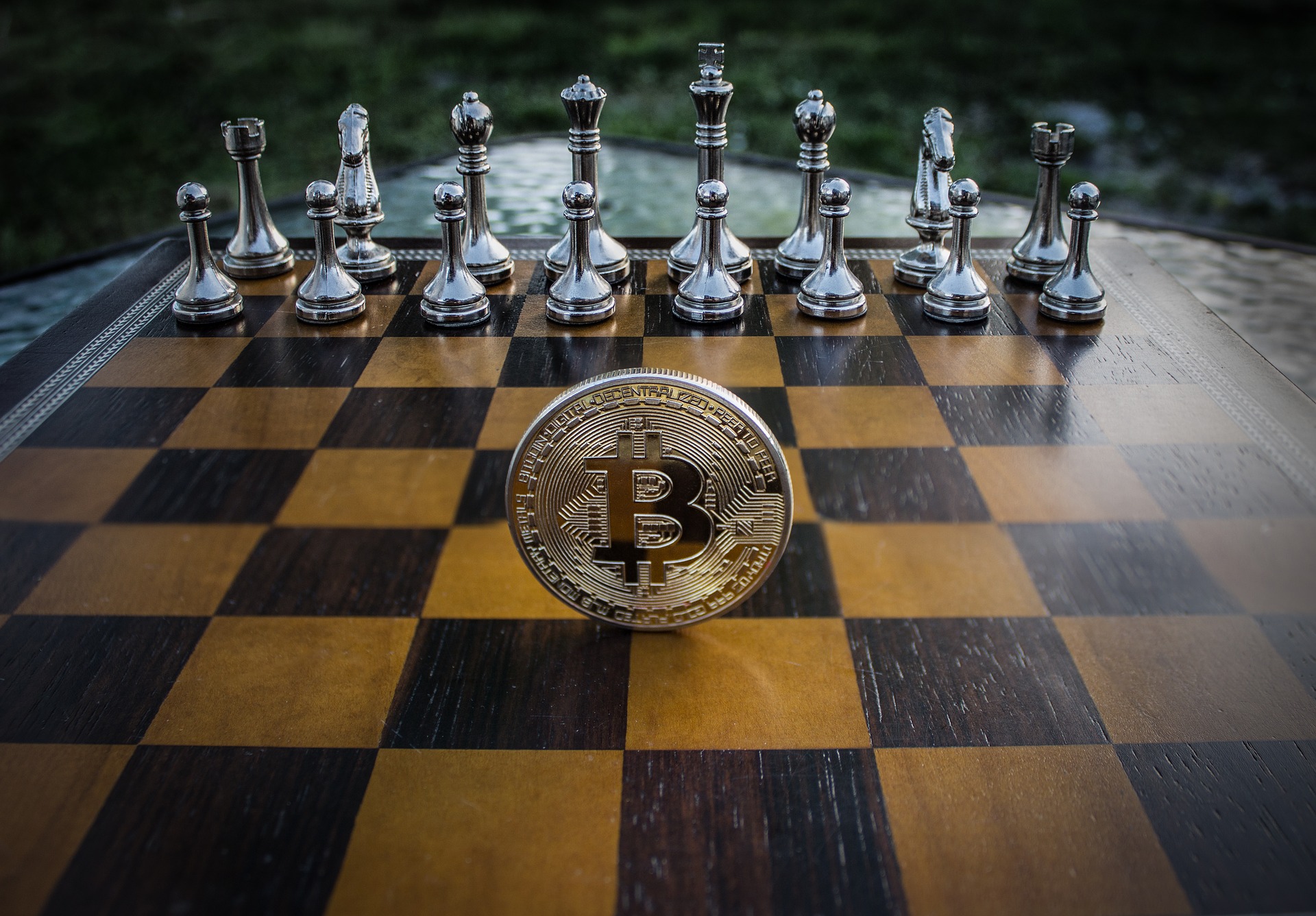
Crypto, a technology that is philosophy
Blockchain is closely linked to the world of Bitcoin and crypto, because Bitcoin was the first virtual currency to use this type of distributed ledger, based on the fact that each transaction was legitimized by a decentralized network and not by a central authority.
Bitcoin was born in late 2008, when Satoshi Nakamoto, a person or group of people whose identity is still unknown publishes a whitepaper, explaining his idea of a peer-to-peer cryptographic virtual currency without intermediaries, governed by algorithms. Idea that put the banking system in crisis. From 2014, however, a new phase opens in which interest shifts to the technology behind Bitcoin: the Blockchain. Thus were born the first platforms that exploit some founding principles of Bitcoin, including Ethereum or Eos, still among the most used today.
Blockchain has its roots in classical culture, bringing into play philosophical concepts such as those of trust, transparency, confidentiality, control, freedom, judgment, decision, choice, responsibility.
Blockchain can be understood as an indelible and non-manipulable collection of all data and information concerning an individual. These “blocks” of data are then connected and integrated into a single digital register, a “chain of blocks”, which can be interrogated by us at any time. If I have to solve an ethical problem, that is, I want to understand to what extent I can trust someone I meet on my way, or know where a product that has landed on my table comes from, through the processes traced and the algorithms entered, I can have an answer almost instantly.
In 2008 Bitcoin arrived, born it is not yet known with certainty how and why. Bitcoin is a decentralized digital currency, nobody regulates it except by itself. After years spent in silence, in the last three it has literally exploded, resisting crises, fraud, splits. No one could have foreseen the boom in cryptocurrency, not even its most fervent supporters. Maybe some, yes, but out of fideistic conviction towards the Internet and its freedoms. Bitcoin, in a sense, is the freedom of the internet at its highest expression. On the other hand, those who did not believe it dismissed the ‘Bitcoin’ discourse as a ‘bubble’, and still sometimes we read in some newspapers during its physiological dumps.
It seems that Bitcoin appeared as if by magic and, with no prior value or authoritative decree, it became money. But Bitcoin didn’t appear out of nowhere, it was a solution to a problem cryptographers have struggled with for many years: how to create digital money without a central authority, one that couldn’t be forged and trusted.
The truth of cryptocurrencies and the blockchain is that they work. And the better they work, the more true they become. Humans know when cryptocurrencies and blockchain are true because they work. Whenever the blockchain provides and stores information, it is similar to a proof of principle. Cryptocurrencies, if they are decentralized, cannot be controlled by a single hand or authority, and no one can be forced to use them. Free market cryptocurrencies are controlled by individual users who agree to trade and cooperate for mutual benefit. It’s a pure expression of freedom: this is the ethical basis: cryptographers created it to fulfill a promise of freedom.
